We make out of the quarrel with others, rhetoric, but of the quarrel with ourselves, poetry
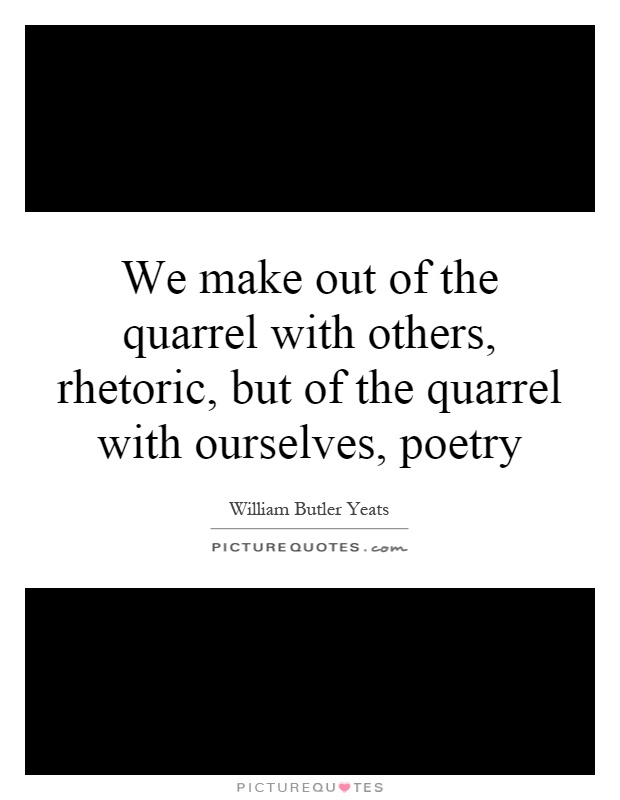
We make out of the quarrel with others, rhetoric, but of the quarrel with ourselves, poetry
William Butler Yeats, one of the most celebrated poets of the 20th century, once said, "We make out of the quarrel with others, rhetoric, but of the quarrel with ourselves, poetry." This profound statement encapsulates the essence of Yeats' poetic philosophy and sheds light on the transformative power of self-reflection and introspection in the creative process.In his poetry, Yeats often delved into the complexities of human relationships and the conflicts that arise from them. He believed that these external quarrels with others could be translated into rhetoric, which is the art of persuasion and argumentation. Through rhetoric, one can articulate their thoughts and opinions, engage in debates, and defend their beliefs. However, Yeats suggests that true poetry emerges from a different source - the quarrel with oneself.
The quarrel with oneself represents the internal struggles, doubts, and contradictions that exist within each individual. It is a deeply personal and introspective process that involves confronting one's own fears, desires, and insecurities. Through this inner conflict, one can tap into their emotions, memories, and subconscious thoughts, which serve as a wellspring of inspiration for poetry.
For Yeats, poetry was a means of exploring the depths of the human soul and expressing the universal truths that lie at the core of our existence. By engaging in the quarrel with oneself, one can uncover profound insights, insights that can be transformed into lyrical verses that resonate with readers on a deep emotional level.
Yeats' own poetry is a testament to the power of self-reflection and introspection. His works are filled with themes of love, loss, longing, and the passage of time, all of which reflect his own inner struggles and conflicts. Through his poetry, Yeats invites readers to embark on a journey of self-discovery and contemplation, encouraging them to confront their own inner demons and find solace in the beauty of language and imagery.


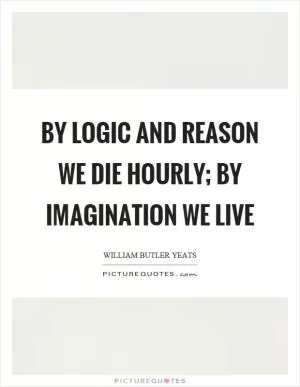


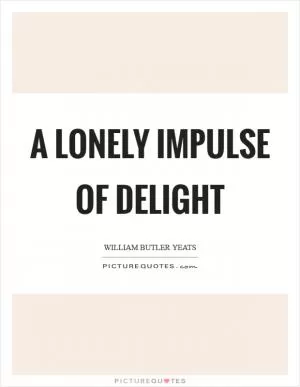
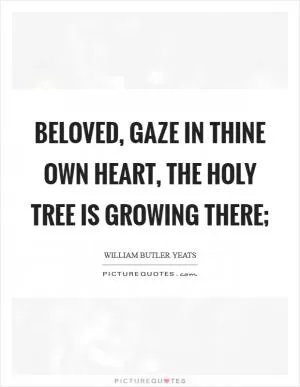



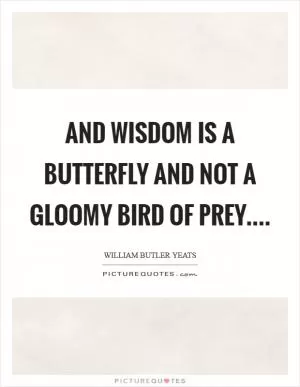

 Friendship Quotes
Friendship Quotes Love Quotes
Love Quotes Life Quotes
Life Quotes Funny Quotes
Funny Quotes Motivational Quotes
Motivational Quotes Inspirational Quotes
Inspirational Quotes